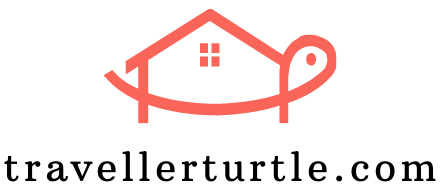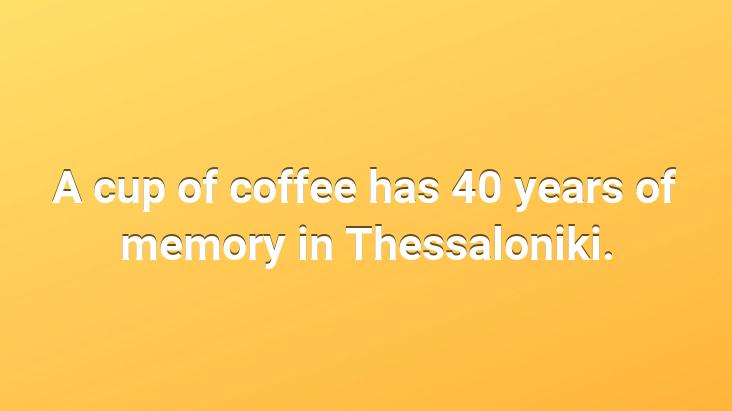While we are walking under the heat of the streets of Thessaloniki, which resembles İzmir with its beach, streets and houses, reminding İzmir at every step, we suddenly find ourselves sitting in the first coffeehouse that we come across, upon Gözde’s insistence that we “sit in a local coffeehouse”.
The group of elderly people chatting on the chairs on the pavement, even though they put themselves in a bit more tidy with our arrival, they do not compromise their conversations.
When the owner of the old coffee shop asks what we want to drink, we order Greek coffee each, except for my mother.. The coffee shop doesn’t understand our hypothetical conversations that go over the question of whether there is tea or not, among my mother’s searches for brewed Turkish tea.. After a while, we forget what we are asking and what we are trying to tell, and we give up.. My mother decides on a cold soda.
While feeling the exact atmosphere of the atmosphere in a typical Aegean village or a coffee shop in a neighborhood of İzmir, the similarity of people stands out.. It is a pleasure to be able to take part in the process of getting to know each other and to take part in dialogue and communication, which has started again after years when similar people who shared the same geographies in the past were separated from each other. “Are you Bulgarian?” says…
Even though we can’t tell whether he is inferring from our speech or our physical features, he sincerely smiles when we say that we are Turkish, not Bulgarian.. Says “Mustafa Kemal”. When we combine speaking Greek with body language, the question arises in our minds, did you come to visit Mustafa Kemal’s house?. Yeah, we’re making the move that means. They try to tell us, we listen, we try to explain, they try to understand. The Greeks prefer to call Mustafa Kemal Atatürk, whom we like to call Atatürk more.
(Giorgos Molivas-on the far right-)







